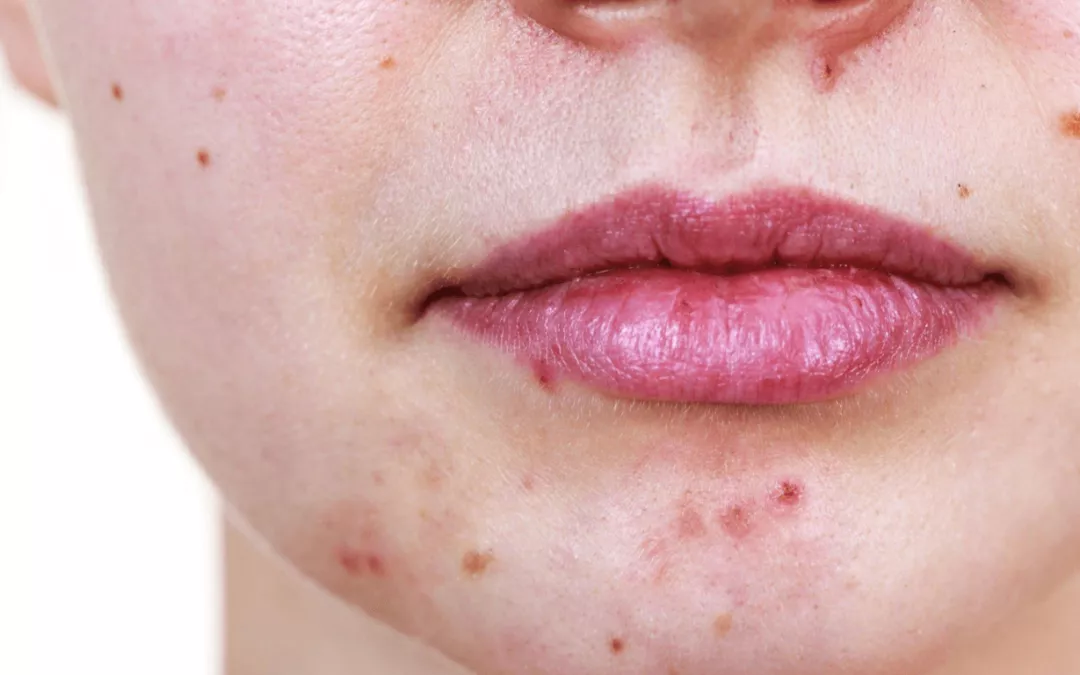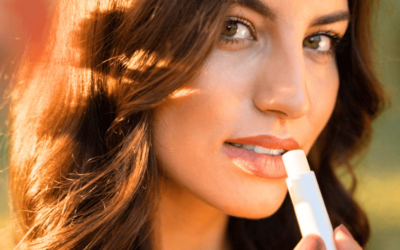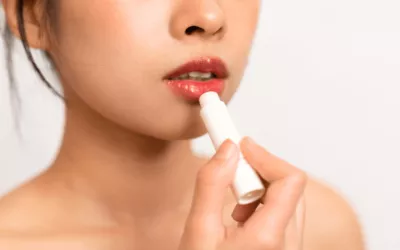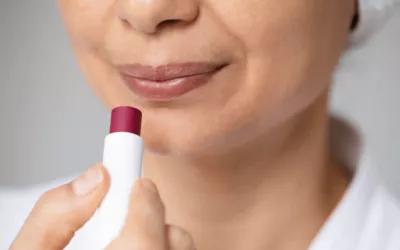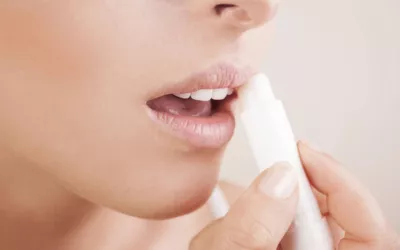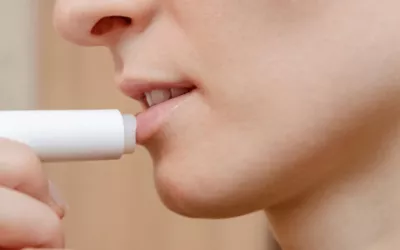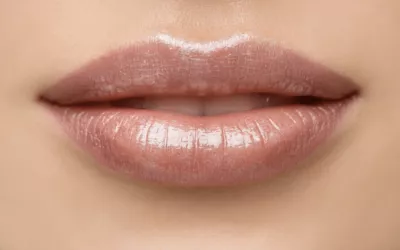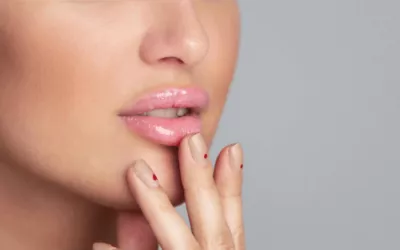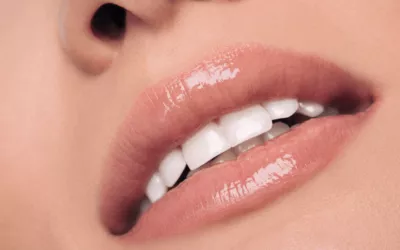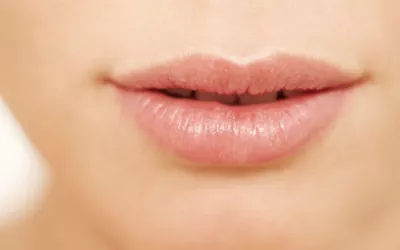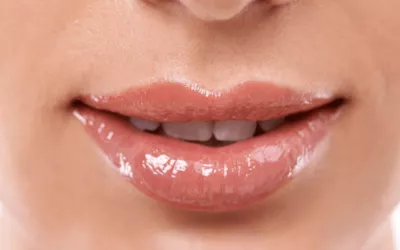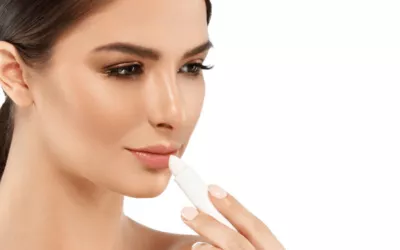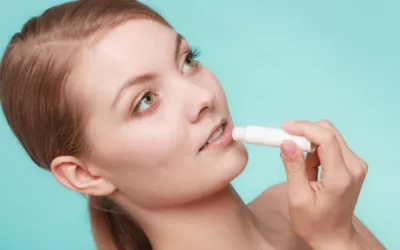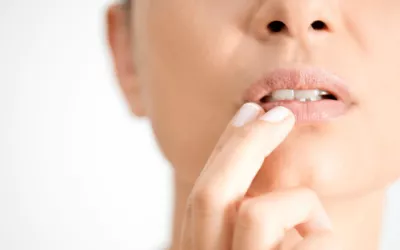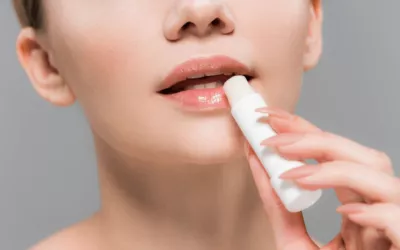In the realm of skincare, the relationship between lip balm and acne has sparked numerous discussions and debates. Can lip balm cause acne? This question has led to a range of opinions and beliefs, often clouded by misinformation.
In this comprehensive article, we embark on a journey to debunk myths, unveil the truth, and explore the intricate connection between lip balm and acne.
Through detailed analysis and expert insights, we aim to provide clarity and guidance for individuals seeking a better understanding of this common skincare concern.
The Complex World of Skincare and Acne
Before delving into the specifics of lip balm and its potential role in acne, it’s essential to grasp the complexity of skincare and acne itself.
Acne, a skin condition characterized by the presence of pimples, blackheads, and whiteheads, arises due to various factors, including genetics, hormones, diet, hygiene, and skincare habits.
The Role of Lip Balm in Daily Skincare
Lip balm is a staple in most skincare routines, offering hydration and protection to the delicate skin on the lips.
However, its formulation, ingredients, and frequency of use can influence its impact on the surrounding skin, including the skin around the mouth.
Lip Balm Ingredients: Friends or Foes?
One key consideration when exploring the connection between lip balm and acne is the ingredients within the lip balm formulation.
Ingredients such as fragrances, oils, and waxes can potentially interact with the skin and contribute to clogged pores, which are a common factor in acne development.
The Myth of Lip Balm Induced Acne
The idea that lip balm directly causes acne is a myth. Acne is primarily triggered by the excess production of sebum (skin oil), clogged pores, and the proliferation of acne-causing bacteria.
While certain lip balm ingredients can contribute to pore blockage, it’s a multifaceted issue that involves overall skincare practices.
Lip Balm and Skin Compatibility
Individual skin types and sensitivities play a significant role in determining the compatibility of lip balm with the skin.
Some individuals may find that certain lip balm formulations cause irritation or contribute to acne, while others experience no adverse effects.
Hygiene Practices and Acne Prevention
Maintaining proper hygiene practices can influence the likelihood of developing acne around the mouth area.
Applying lip balm with clean hands, avoiding excessive product buildup, and regular face washing are essential steps in preventing pore congestion.
Skincare Routine Synergy
Acne development is influenced by the overall skincare routine, including the products used on the face, the frequency of cleansing, and the application of moisturizers, including lip balm.
A harmonious skincare routine that addresses individual skin needs can minimize the risk of acne flare-ups.
Lip Balm for Acne-Prone Skin
Individuals with acne-prone skin can still enjoy the benefits of lip balm with proper product selection. Opting for non-comedogenic, oil-free, and fragrance-free lip balm formulations can help mitigate the risk of pore blockage and irritation.
Seeking Professional Guidance
For individuals grappling with persistent acne concerns, seeking guidance from a dermatologist or skincare professional is crucial. These experts can provide personalized recommendations based on skin type, concerns, and potential triggers.
The Balance Between Hydration and Acne Prevention
The relationship between lip balm and acne underscores the importance of striking a balance between hydration and acne prevention.
Properly formulated lip balms, used in conjunction with a well-rounded skincare routine, can deliver the desired moisture without exacerbating acne concerns.
Navigating Lip Balm and Acne
The notion that lip balm directly causes acne is a misconception that requires clarification. While certain lip balm ingredients can contribute to pore congestion, acne development involves a combination of factors.
Understanding individual skin type, selecting appropriate lip balm formulations, and maintaining a consistent skincare routine can aid in preventing acne-related concerns.
As we navigate the world of skincare, let’s approach the topic with informed perspectives, debunking myths and embracing evidence-based skincare practices that promote overall skin health and well-being.

